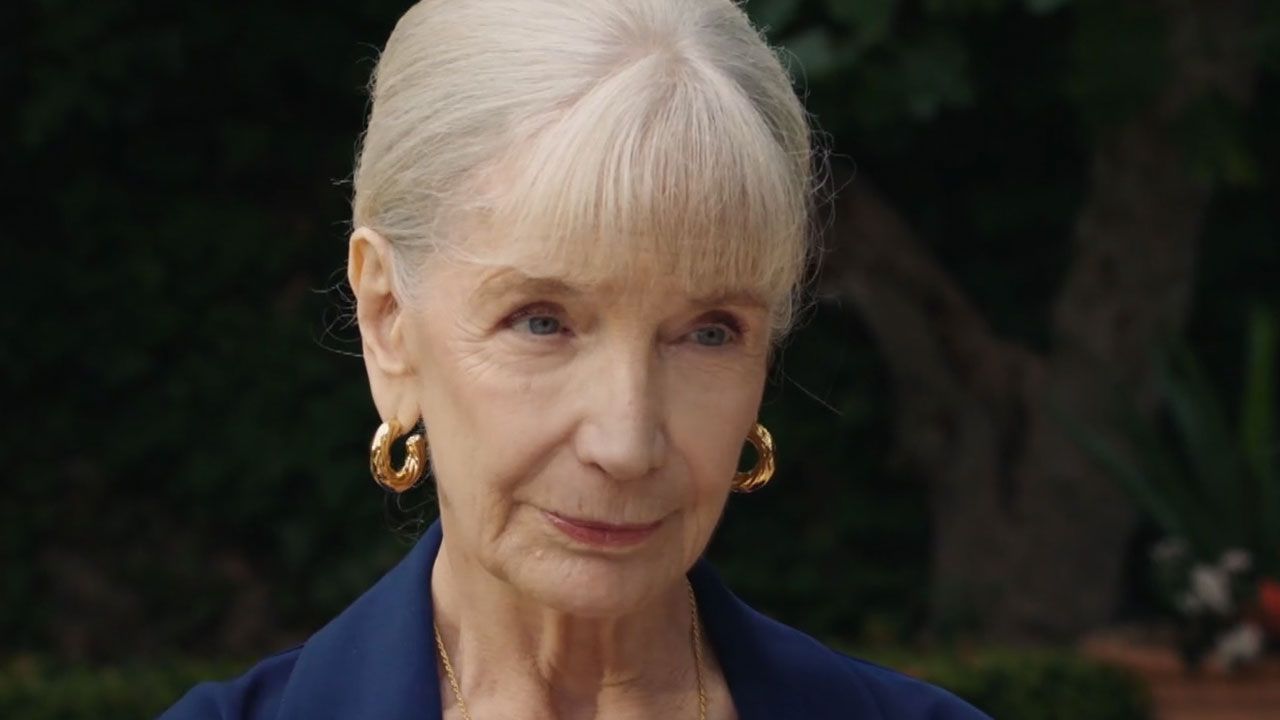Each of us has experienced anxiety at least once. It is a normal reaction to stress that occurs when you are afraid of something, in the face of the unknown. Anything can become a stressor – not only a negative event, but also something very pleasant.
What is an anxiety disorder?
ADVERTISEMENT – CONTINUED BELOW
What are anxiety disorders
Symptoms of an Anxiety Disorder









